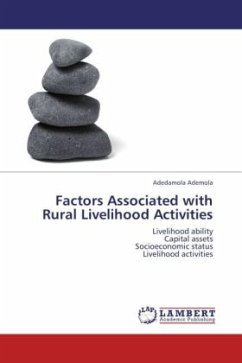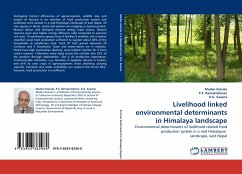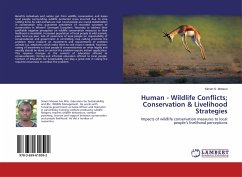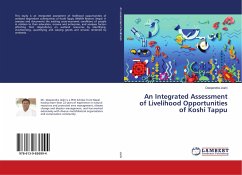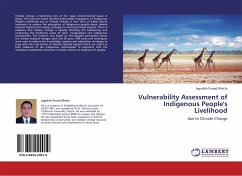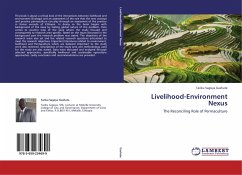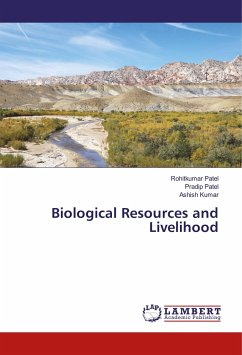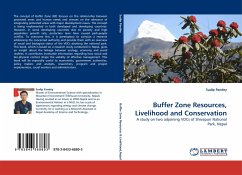Financial capital is the most acclaimed business capital, we all might be mistaken, especially in rural context. Livelihood activities are economic activities (agricultural and non-agricultural) that people know, own and undertake to earn income today and into the future. In order to keep this sustainable; abilities, capital assets, socioeconomic status, risks, stresses, policies, institutions, and processes have to be kept balanced. This study examines the factors affecting livelihood activities in Ileogbo community of Aiyedire Local Government Area, Osun State, Nigeria. One hundred and eighty respondents were sampled through multistage sampling technique. Qualitative (In-depth Interview with Key Informants and Focus Group Discussion) and quantitative (Interview Schedule) surveys were conducted. Both descriptive and inferential statistics were used in analyzing the data collected.
Bitte wählen Sie Ihr Anliegen aus.
Rechnungen
Retourenschein anfordern
Bestellstatus
Storno

